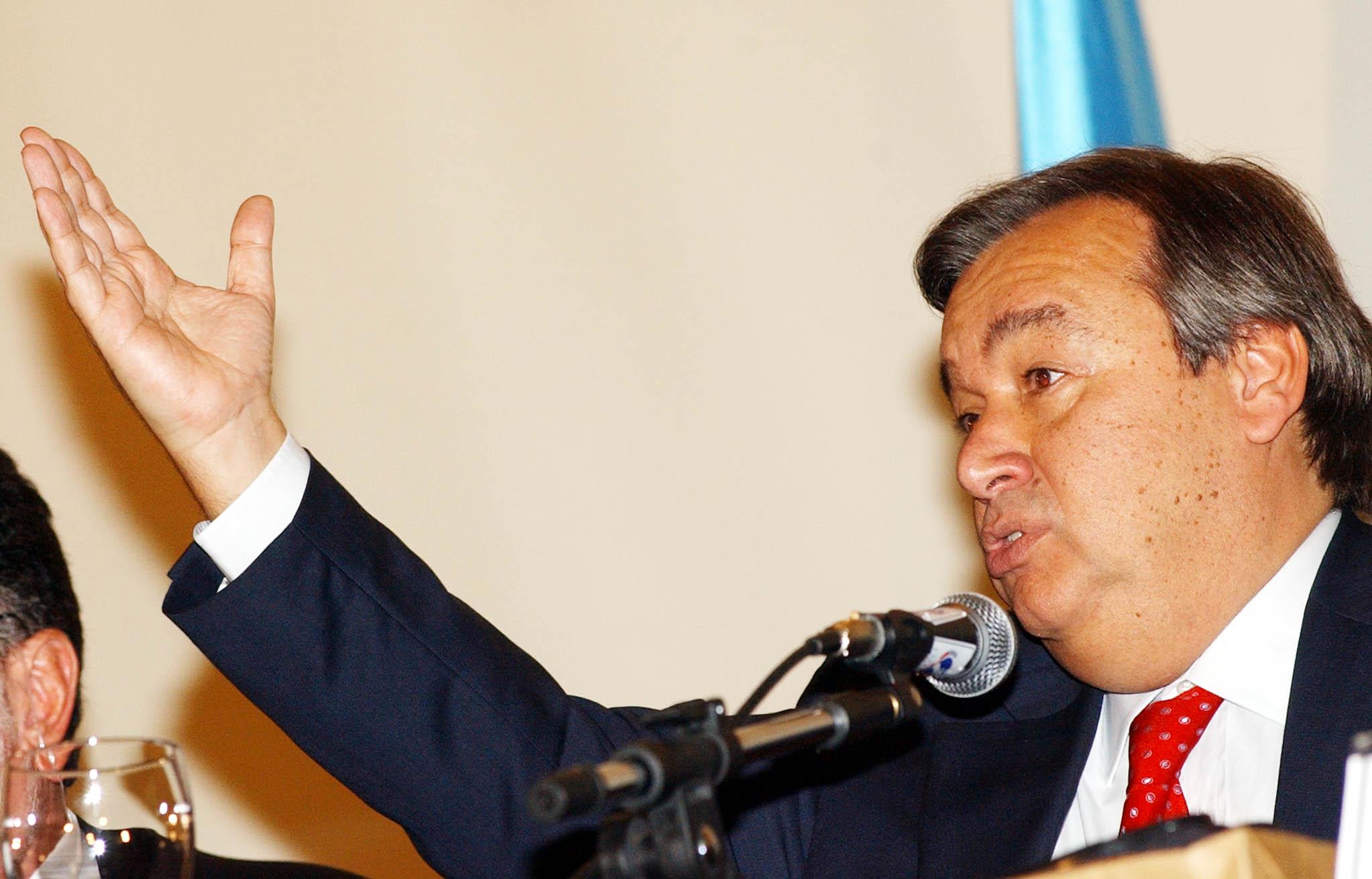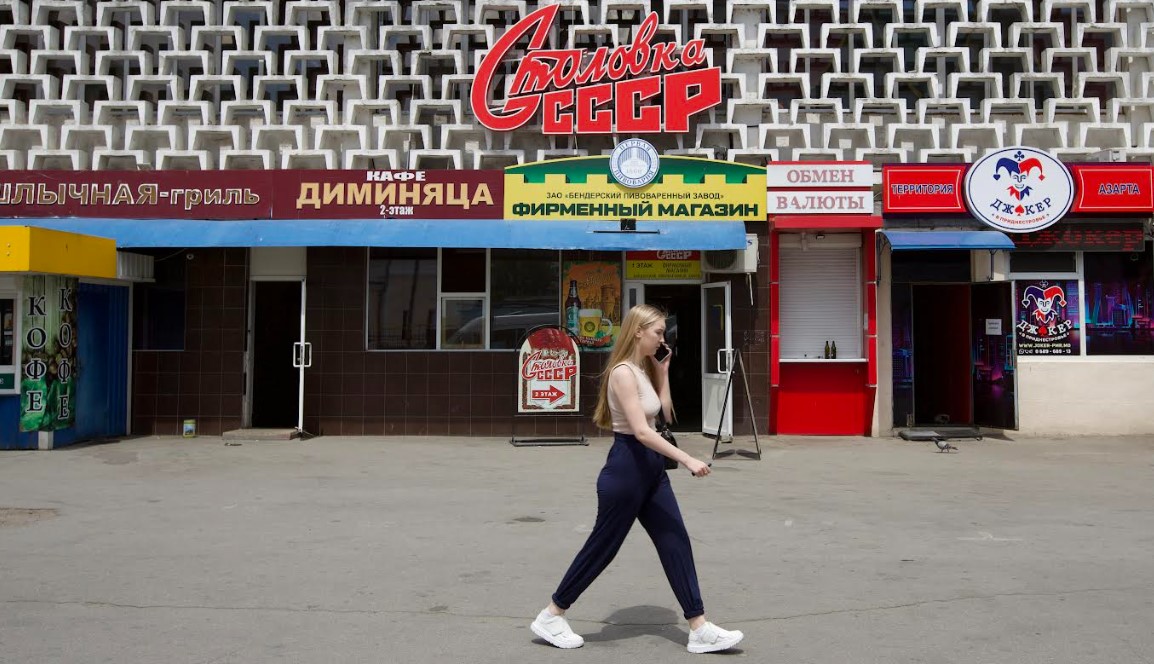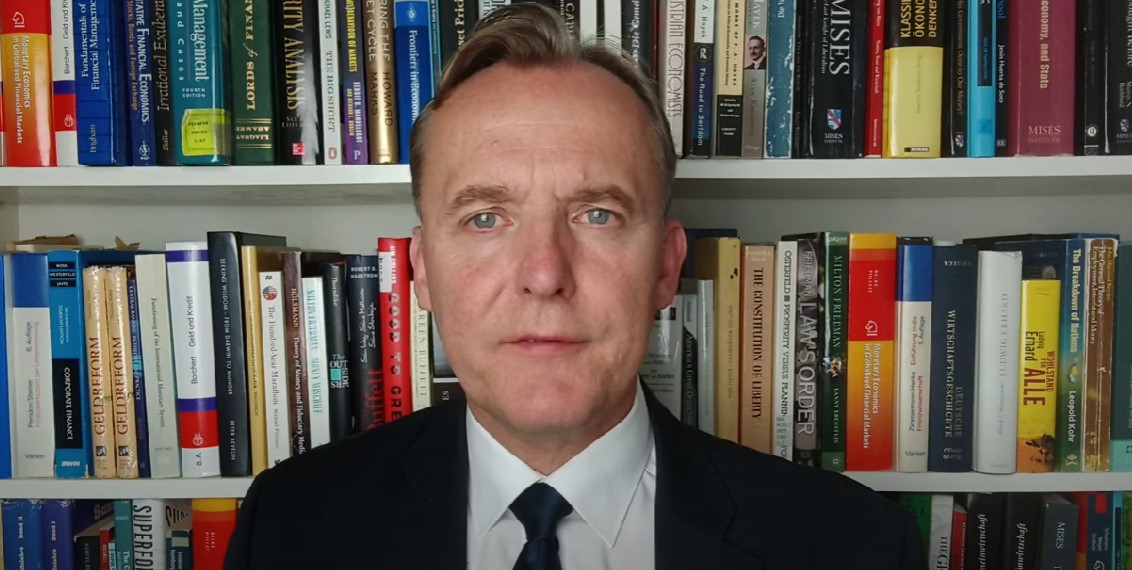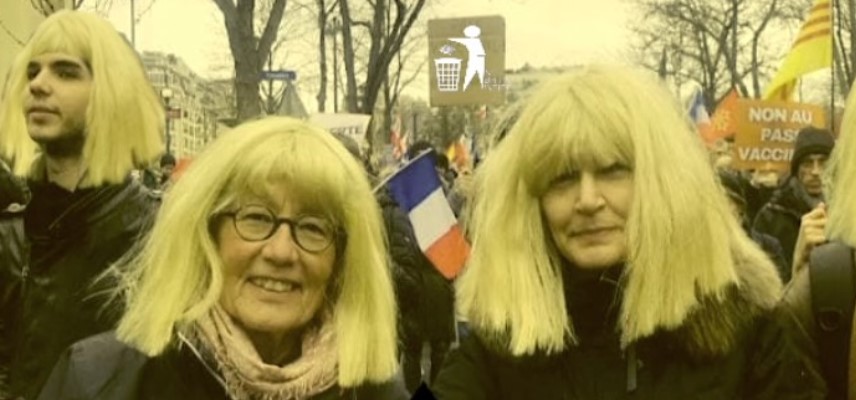Guterres, a former Socialist prime minister of Portugal, on Thursday had expressed his heartfelt gratitude to the Left Block, the third largest party in parliament, after it became the latest Portuguese political force to pledge its support for his appointment.
The main opposition party, the PSD, had also publicly backed his bid, as has its former leader José Manuel Barroso, another former prime minister who also served as president of the European Commission.
António Costa, the current Portuguese prime minister, unilaterally more than doubled the quota allocated to Portugal under a European Union program to relocate refugees languishing in Italy and Greece in March this year.
The grandstanding to welcome 10 000 migrants by the economically challenged Portugal amounted to mostly hot air: “This crisis is a threat to European values,” Costa pompously told parliament before jetting off to yet another EU summit. “We have to be resolute in tackling it, to maintain the essential value of human dignity.”
And while he scolded Poland, Hungary, Slovakia and others for resisting refugee relocation, only 149 refugees have trickled into Portugal under the relocation plan.
Guterres stressed that avoiding “xenophobic or racist language” was a subject which united Portugal.
“I am of course very touched and grateful for this support and the support of other Portuguese political [leftwing] forces,” Guterres told journalists after a meeting in parliament of more than one hour with the Left Block’s spokeswoman, Catarina Martins, and José Manuel Pureza, deputy speaker of parliament.
Guterres, who was UN high commissioner for refugees until the end of last year, revealed that he had met with the secretary-general of the Communist Party, Jerónimo de Sousa too. He described their conversation as “very important and very interesting”.
Catarina Martins hailed Guterres’ term as high commissioner as “very positive”, and confirmed her party’s support for him.
“The questions of human rights, responses to refugees… are central questions in all the decisions that we shall have to make in the near future, and we consider that this is an important candidacy, and for that reason we support it,” she said.
While the refugee crisis was exploding onto the international scene, Portugal’s Socialist government announced in January that it would be supporting Guterres for the next UN secretary-general, citing his “long political experience” and “the exemplary way” in which he has served refugees.
The European migrant crisis began in 2015, when a rising number of refugees from war-inflicted countries in North Africa and the Middle East as well as migrants made the journey to the European Union.
According to Eurostat, EU member states received over 1.2 million first time asylum applications in 2015, a number more than double that of the previous year. Four states (Germany, Hungary, Sweden, and Austria) received around two-thirds of the EU’s asylum applications in 2015, with Hungary, Sweden, and Austria being the top recipients of asylum applications per capita.
Portugal is nowhere near the top of the list welcoming foreigners. The country received asylum requests from only 19 Syrians, five Iraqis and four Afghans this year. By far the largest group heading to Portugal was Ukrainian — who make up the country’s biggest non-Portuguese-speaking immigrant community.
A group of 74 Syrians who showed up in late 2013, disappeared soon after and no one cared much. Portugal, along with neighbor Spain, is an exception in a Europe where support for anti-immigration parties are growing.
The center-right opposition united behind a motion backing the refugee policy of Costa’s Socialist administration. A resolution condemning the closing of borders in Europe won unanimous support.
As head of the UNHCR refugee agency from 2005 to 2015, Guterres led the agency that saw the world’s worst refugee crises, including those in Syria, Afghanistan, and Iraq. That alone should have disbarred him from leading the UN.
During that time, he repeatedly appealed to Western states to “do more” to help refugees fleeing the conflicts brought on by destabilizing forces.
With the Carnation Revolution military coup of April 1974, an exodus of hundreds of thousands of Portuguese citizens mostly of mixed ethnicity from the former Portuguese territories and newly independent African nations, rushed back to Portugal.
This migration is regarded as one of the largest “peaceful migrations” because by the early 1970s, the Portuguese authorities acted against “racial discriminatory policies” and “lack of investment in education” and willingly accepted a true colour blind policy.
From an OECD study released in 2000 comparing functional literacy among developed countries (http://www.oecd.org/dataoecd/24/21/39437980.pdf, see Table 2.2): no less than 48% of Portuguese adults had literacy at the lowest level of five, Level 1, defined by the OECD as “persons with very poor skills, where the individual may, for example, be unable to determine the correct amount of medicine to give a child from information printed on the package.”
In other words, the OECD found that almost half of Portuguese adults are functionally illiterate. This compared with 10.5% of Dutch and 20.7% of Americans.













No comments.
By submitting a comment you grant Free West Media a perpetual license to reproduce your words and name/web site in attribution. Inappropriate and irrelevant comments will be removed at an admin’s discretion. Your email is used for verification purposes only, it will never be shared.